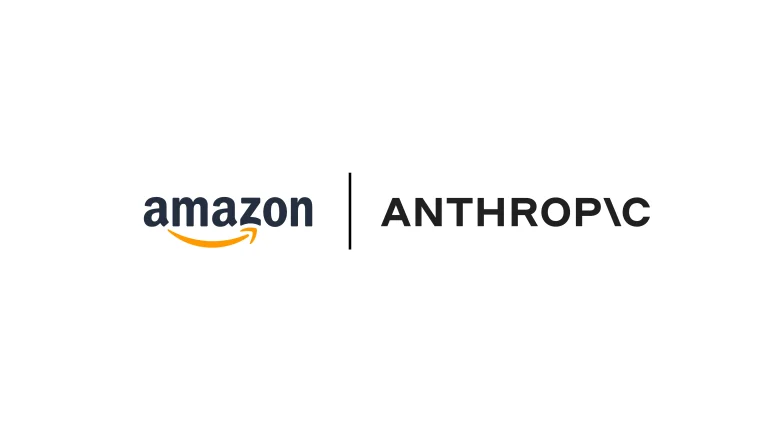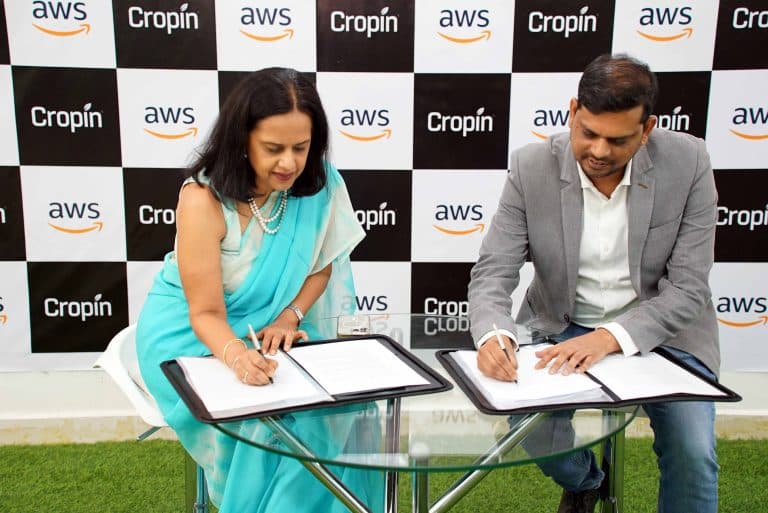There is a rising star in the database market which is all ready to compete against the likes of database giants AWS and Oracle. Cockroach Labs founded by three ex-Googlers, Spencer Kimball, Peter Mattis, and Ben Darnell recently raised $55 million in its series C funding round, which was led by Altimeter Capital, Tiger Global along with existing investors including GV (Google Ventures) investors, Benchmark, Index Ventures, Redpoint Ventures, FirstMark Capital and Work-Bench, giving a major push to the company’s growth plans for CockroachDB.
What’s different about this product is that it is a geo-distributed SQL database, can scale horizontally and is designed in a way that it can survive and have data resilience in case there is an outage. It has the ability to localize data within many zones by copying and spreading it across data centers, helping teams to create reads and writes in about 2 milliseconds and 4 milliseconds, respectively. Compare this with a legacy relational databases and you will find that they are challenging to scale and are unable to make use of today’s cloud platforms in an efficient manner.
Advantages Over Other Databases
Experts say CockroachDB is a cloud-native SQL database can survive disasters much like how cockroaches are predicted to survive even nuclear accidents, thus showing its resilient nature. CockroachDB is well suited for applications that need reliable, available, and correct data, and millisecond response time, regardless of scale. The database is built to automatically replicate, rebalance, and recover with minimal configuration and operational overhead. Cockroach has also claimed CockroachDB beats leading databases like Amazon Aurora by a factor of 10 on the TPC-C scalability benchmark, based on its estimations.
Supporting multi-master capability for more than one geography, gives CockroachDB advantage over other cloud-native databases. This means that it has the capability to read and write data on a local database copy without first accessing a central master, which most cloud-native databases have to do, regardless of having automated replication capability for a particular region.
CockroachDB also smartly diverts traffic to make sure there is no downtime in the event of machine failures or maintenance times. According to Cockroach Labs, users can roll out upgrades of databases, operating systems, and machines and run schema changes in the background to keep apps online as new features roll out. The database is distributed not merely across multiple nodes in a data centre but also data centres across different geographies, making it almost immune against outages.
Given the features, it is no wonder Chinese tech giant Baidu process hundreds of thousands of queries per second and serves tens of terabytes of data using CockroachDB. Bose, Comcast, MetroNOM, Heroic Labs, Mux, Elliot, Gorgias, WeWork, Kindred, Tierion, Rubrik, Lush, Mesosphere, and Nubank are other prominent customers leveraging CockroachDB.
Cockroach Labs Will Deploy Funds On Expansion And Product Development
On the revenue side, Cockroach Labs has seen its revenue double with each passing quarter since last year, giving an assurance that the company is on the right path. This also would have have quelled any doubts investors would have on its potential.
The C funding round pushes the company’s value to $ 110 million and the company says the funds will be allocated towards product development so it can better compete against big players. Moreover, the proceeds will go towards customer acquisition and expanding teams in the US and Europe, with a focus on hiring engineers and developers.
Also, to better capture the market, Cockroach Labs also changed the licensing policy for its product, changing it from a free open source Apache 2.0 to a proprietary one, similar to what MongoDB in the past as well. The step was taken as the company’s management felt larger players were taking advantage of its open source nature.
Looking Ahead
The market today is dominated by traditional database vendors like Oracle and Amazon with the latter’s family of databases like Amazon Aurora, Redshift and DynamoDB. But, CockroachDB has a good chance of competing against the giants, and why not as its managed service is designed to be cloud-native and resilient against any possible outages that may happen. CockroachDB is very similar to Google spanner, which like the former is also a NoSQL distributed database resilient to mishaps, except the fact that it can only be used on Google Cloud. CockroachDB on the other hand can be used on any cloud be it Microsoft’s Azure, Amazon Web Services, and Google Cloud Platform. This is a value proposition on which the investors are betting their money.
Google also would have realised CockroachDB’s value to be run on multiple cloud environments unlike its own Google Spanner database. This appears to be a reason why Google Ventures is an investor in Cockroach Labs. Keeping a stake in the rising company in the database space also ensures that Google gets a piece of the winning pie in case Cockroach Labs is able to capture a good part of the market in years to come. With the kind of resources, a skillful team and backing from big venture funds, Cockroach Labs’ future looks bright, at least in the moment. Amazon and Oracle better watch out.


















































































